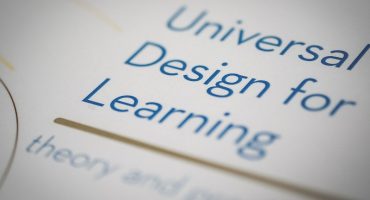
Submission – NSW Curriculum Review
The NSW Curriculum Review aims to enhance the effectiveness of school education in NSW. At Inclusive Schools Australia we believe that a 21st century curriculum must be inclusive of all learners and this can only be achieved if the curriculum is truly developed with all learners in mind from the outset. For too long we have had a curriculum for most but not for all. NSW schools currently rely on add-ons and exemptions to support students with the greatest challenges. Life Skills outcomes and content are the current ‘add-on’ which result in ‘exemptions’ from the same academic rigour and assessment practices associated with the regular curriculum. This is neither helpful for teachers nor equitable for students and has resulted in:
- a default curriculum for special schools and support units from Year 7 onwards.
- an opt-out curriculum for students who are disengaged or struggling (academics; behaviour; mental health).
- an opt-out curriculum for teachers/schools struggling to manage challenging students, particularly when Life Skills assessment data does not count.
- a simplified curriculum for non-specialist high-school teachers running a support class or special school class across the whole day on a primary model.
- an alternative to the Australian Curriculum content – there is no Australian Curriculum content tagged in any of the Life Skills syllabuses. That is not to say it is not present, but it indicates an alternative syllabus development process that permits content to be omitted for students who cannot access the regular course outcomes.
- a curriculum that supports segregation and low expectations. Without assessment expectations other than achieved or achieved with support teachers can essentially teach what they like against the same outcome/s for an extended period.
We believe the focus for an inclusive curriculum should be on providing alternative access rather than alternative content. Read our full submission to the NSW Curriculum Review in which we compare curriculum models nationally and internationally and highlight the advantages of developing and delivering curriculum using the Universal Design for Learning framework.



